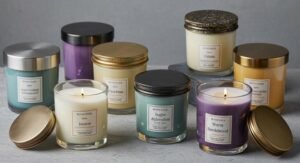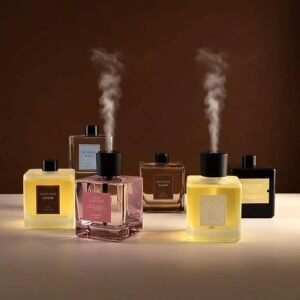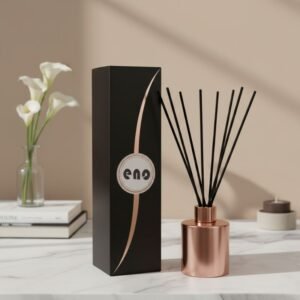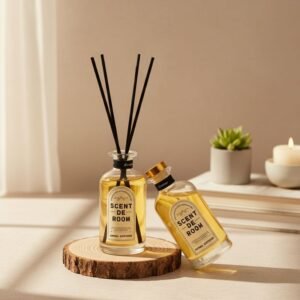Private-label perfume brands face overwhelming choices when selecting manufacturing partners, often leading to costly mistakes that damage their reputation permanently.
Choosing the right perfume manufacturer determines your brand’s quality consistency, regulatory compliance, and market success. Essential factors include IFRA certification, production capacity, minimum order quantities, and custom formulation capabilities that align with your business goals.
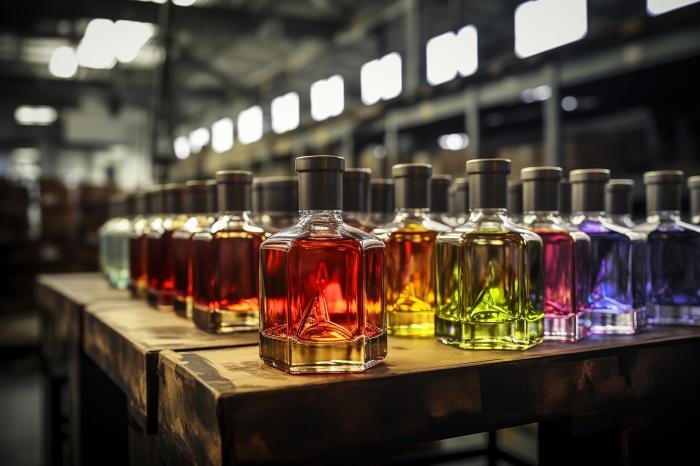
The fragrance industry’s rapid growth has created both opportunities and challenges for emerging brands seeking reliable manufacturing partners like Loveeno.
What Quality Standards Should You Look for in a Perfume Manufacturer?
Poor quality standards in perfume manufacturing lead to inconsistent products, regulatory issues, and damaged brand reputation. Without proper oversight, your private-label fragrances risk failing market expectations completely.
Quality perfume manufacturers must demonstrate IFRA compliance, rigorous laboratory testing protocols, transparent raw material sourcing, and consistent fragrance stability across production batches. These standards ensure product safety and market acceptance.

Essential Regulatory Compliance Framework
IFRA compliance serves as the foundation of perfume manufacturing quality standards. The International Fragrance Association establishes globally recognized guidelines that ensure safe fragrance ingredient usage through scientific evaluation. Manufacturers demonstrating IFRA certification provide assurance that their products meet international safety requirements.
Raw material sourcing transparency directly impacts final product quality. Leading manufacturers maintain detailed supplier audits, traceability documentation, and batch testing records. This systematic approach prevents contamination issues and ensures consistent fragrance profiles across production runs. Loveeno’s quality assurance program includes comprehensive supplier verification protocols that guarantee ingredient authenticity and safety compliance.
Laboratory Testing and Quality Verification
Professional perfume manufacturers implement multi-stage laboratory testing procedures covering stability analysis, allergen detection, and performance validation. These tests verify fragrance longevity, color stability, and skin compatibility before market release.
| Quality Standard | Testing Method | Industry Benchmark | Frequency |
|---|---|---|---|
| IFRA Compliance | Allergen Analysis | 26 Allergen Panel | Per Batch |
| Fragrance Stability | Accelerated Aging | 6-Month Simulation | Quarterly |
| Raw Material Purity | GC-MS Analysis | 99.5% Minimum | Per Shipment |
| Consistency Testing | Color/Odor Comparison | ± 2% Variance | Daily |
Production consistency monitoring ensures every batch meets established quality parameters. Advanced manufacturers utilize automated quality control systems that track color variations, scent intensity, and chemical composition throughout production cycles. This systematic monitoring approach prevents quality deviations that could compromise brand integrity or regulatory compliance requirements.
How Do Manufacturing Capabilities Impact Your Perfume Brand?
Your perfume brand’s success hinges on your manufacturer’s production capabilities. Poor capacity planning leads to stockouts, delayed launches, and lost revenue.
Manufacturing capabilities directly determine your brand’s scalability, quality consistency, and market responsiveness. Production capacity, minimum order quantities, and custom formulation abilities shape your competitive advantage.
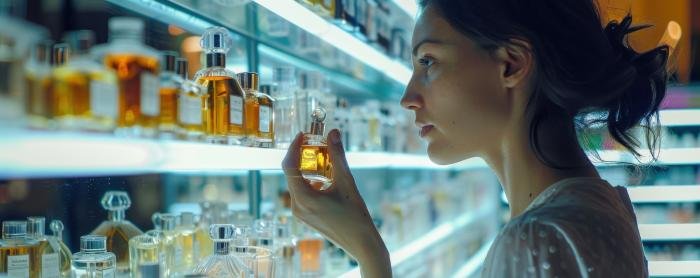
Production Capacity and Scalability Factors
Your manufacturer’s production capacity determines whether you can meet seasonal demand spikes or scale rapidly during growth phases. A facility producing 30,000 units daily offers significant advantages over smaller operations. This capacity directly impacts your ability to secure retail partnerships and respond to market opportunities.
White-label perfumes require manufacturers with flexible production lines that can switch between different formulations efficiently. OEM perfume partners must balance their existing client commitments with your projected volumes. Smart brands evaluate both current capacity and planned expansions before committing to long-term partnerships.
Critical Manufacturing Components That Drive Success
Custom formulation capabilities separate premium manufacturers from basic contract fillers. Advanced R&D facilities enable unique scent profiles that differentiate your brand. Meanwhile, packaging capabilities determine your product’s shelf appeal and unboxing experience.
Minimum order quantities significantly impact your cash flow and inventory management. The table below illustrates how MOQ requirements vary across different manufacturing tiers:
| Manufacturer Tier | Typical MOQ Range | Custom Formulation | Packaging Options |
|---|---|---|---|
| Premium OEM | 5,000-10,000 units | Full custom development | Complete customization |
| Mid-tier Partners | 10,000-20,000 units | Limited modifications | Standard with branding |
| Basic Contractors | 20,000+ units | Stock formulas only | Minimal customization |
Loveeno’s flexible production capacity and 5,000-unit MOQ positioning enables emerging brands to enter the market without overwhelming inventory commitments while maintaining quality standards that meet European certification requirements.
Is the Manufacturer’s Business Model Compatible with Your Growth Plans?
Choosing the wrong manufacturer can derail your brand’s expansion before it even begins. Misaligned business models create bottlenecks that stunt growth and drain resources.
A compatible manufacturer business model aligns with your growth timeline, supports your volume requirements, and offers flexible pricing structures that scale with your success while protecting your intellectual property rights.
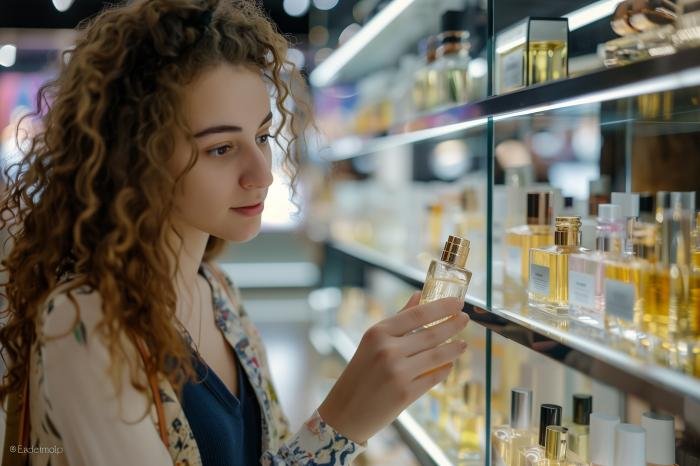
Pricing Structures and Volume Flexibility
The manufacturer’s pricing approach must accommodate your growth trajectory. Tiered pricing structures benefit brands planning rapid expansion, with unit costs decreasing as volumes reach 5,000-10,000 units. Some manufacturers offer fixed-rate structures that provide predictability but may limit cost savings during scaling phases.
Minimum order quantities (MOQs) reveal manufacturer alignment with your business size. While custom formulations typically require 10,000-unit MOQs, established bulk scents can start as low as 500-1,000 units. Progressive brands should seek manufacturers offering volume flexibility without compromising quality standards.
Exclusivity Agreements and IP Protection
Manufacturer relationship dynamics significantly impact long-term success. Exclusivity agreements protect your formulations but may limit the manufacturer’s ability to serve other clients, potentially affecting their business stability. Non-exclusive arrangements offer manufacturer diversification but require stronger intellectual property protections.
| Agreement Type | Your Benefits | Growth Impact | Risk Level |
|---|---|---|---|
| Exclusive Territory | Market protection | Medium expansion potential | Low competition risk |
| Exclusive Formula | Unique positioning | High differentiation value | Medium supply dependency |
| Non-exclusive | Cost efficiency | Maximum scaling potential | High IP protection needs |
Smart brands negotiate phased exclusivity that grows with order volumes, ensuring manufacturer commitment while maintaining flexibility during early growth stages.
How Can You Evaluate a Perfume Manufacturer’s Reputation and Reliability?
Choosing the wrong perfume manufacturer can destroy your brand’s reputation overnight and cost thousands in failed product launches.
Evaluate manufacturer reputation through ISO certifications, client testimonials, financial stability assessments, and production facility audits. Review their compliance history, R&D capabilities, and established quality management systems.
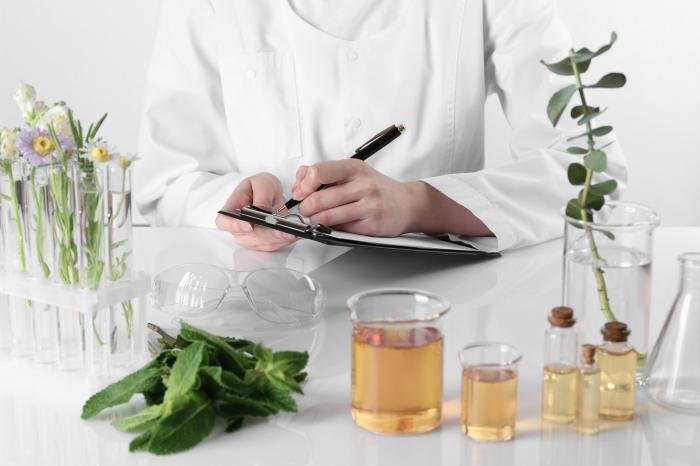
Certification Standards and Quality Assurance
Professional supplier evaluation begins with verifying essential certifications. ISO 9001 certification represents the gold standard for quality management systems in perfume manufacturing. This globally recognized credential ensures manufacturers maintain consistent quality controls throughout their production processes.
Beyond ISO standards, examine GMP (Good Manufacturing Practices) certifications and cosmetic safety compliance documents. Reliable manufacturers invest in continuous certification maintenance and openly share their quality credentials. These certifications directly impact your brand’s regulatory compliance and market acceptance.
Financial Stability and Performance Assessment
Manufacturer reputation extends beyond product quality to long-term business viability. Conduct thorough financial stability assessments by reviewing credit ratings and debt-to-equity ratios. Request recent financial statements to evaluate revenue growth trends and operational consistency.
Client testimonials provide valuable insights into real-world performance. Contact existing clients to verify production timelines, quality consistency, and customer service responsiveness. Ethical manufacturing practices and transparent communication during challenges indicate reliable long-term partnerships.
| Assessment Criteria | Key Indicators | Evaluation Method |
|---|---|---|
| Quality Certifications | ISO 9001, GMP, FDA | Document verification |
| Financial Stability | Credit rating, revenue growth | Financial statement review |
| Production Capacity | MOQ, lead times, scalability | Facility audit |
| Client Satisfaction | Testimonials, repeat business | Reference checks |
Loveeno’s commitment to maintaining comprehensive certifications and transparent financial reporting exemplifies the reliability standards you should expect from perfume manufacturing partners.
Conclusion
Selecting the right perfume manufacturer determines your brand’s market success through quality standards, production capabilities, business model compatibility, and proven reliability. Essential factors include IFRA compliance, scalable production capacity, flexible MOQs, and comprehensive certifications that ensure consistent product excellence. Partner with manufacturers like Loveeno who demonstrate transparent quality processes, financial stability, and growth-oriented business models that align with your brand’s vision and market objectives.
FAQ
Q1: What should I look for when evaluating a perfume manufacturer for white-label production?
When evaluating a perfume manufacturer for white-label production, focus on their IFRA compliance certifications, minimum order quantities (MOQ), production capacity, quality control processes, and global shipping capabilities. Verify their experience with private-label brands, review their facility certifications, and assess their ability to meet your timeline requirements. Request samples and documentation of their quality testing procedures to ensure they can deliver consistent, market-ready products.
Q2: How do I verify IFRA compliance when choosing a perfume supplier?
To verify IFRA compliance, request documentation showing the manufacturer’s adherence to International Fragrance Association standards. Ask for certificates of analysis (COA) for fragrance ingredients, safety data sheets (SDS), and proof of regular compliance testing. Reputable perfume manufacturers should provide IFRA compliance certificates for each fragrance formula and demonstrate ongoing monitoring of restricted substances and allergen declarations.
Q3: What are typical minimum order quantities (MOQ) for perfume manufacturers?
Minimum order quantities for perfume manufacturers typically range from 500 to 10,000 units, depending on the manufacturer’s scale and your product specifications. White-label perfume suppliers often have lower MOQs (500-2,000 units) for standard formulations, while custom fragrances may require higher minimums (5,000-10,000 units). Factor in packaging requirements, bottle types, and production timelines when negotiating MOQs with potential suppliers.
Q4: How long does it typically take for a perfume manufacturer to complete an order?
Production timelines for perfume manufacturing typically range from 2-8 weeks, depending on order complexity and quantity. White-label products with existing formulations usually take 2-4 weeks, while custom fragrance development can extend to 6-12 weeks including sample approval phases. Global shipping adds 1-3 weeks depending on destination and shipping method. Always discuss production capacity and current order backlogs when establishing delivery timelines.
Q5: What quality control measures should a reliable perfume manufacturer have in place?
A reliable perfume manufacturer should implement comprehensive quality control measures including raw material testing, batch consistency monitoring, stability testing, and microbiological testing. Look for ISO 9001 certification, GMP (Good Manufacturing Practices) compliance, and documented quality assurance protocols. The facility should conduct regular audits, maintain detailed batch records, and provide certificates of analysis for finished products to ensure consistent quality and regulatory compliance.
- IFRA – International Fragrance Association Standards and Guidelines
- Alibaba Supplier Assessment Guide for Perfume Manufacturers
- ISO 9001 Quality Management Systems – International Organization for Standardization
- FDA Cosmetic Labeling Requirements and Regulations
- Global Trade Magazine – Perfume Industry Supply Chain Analysis

